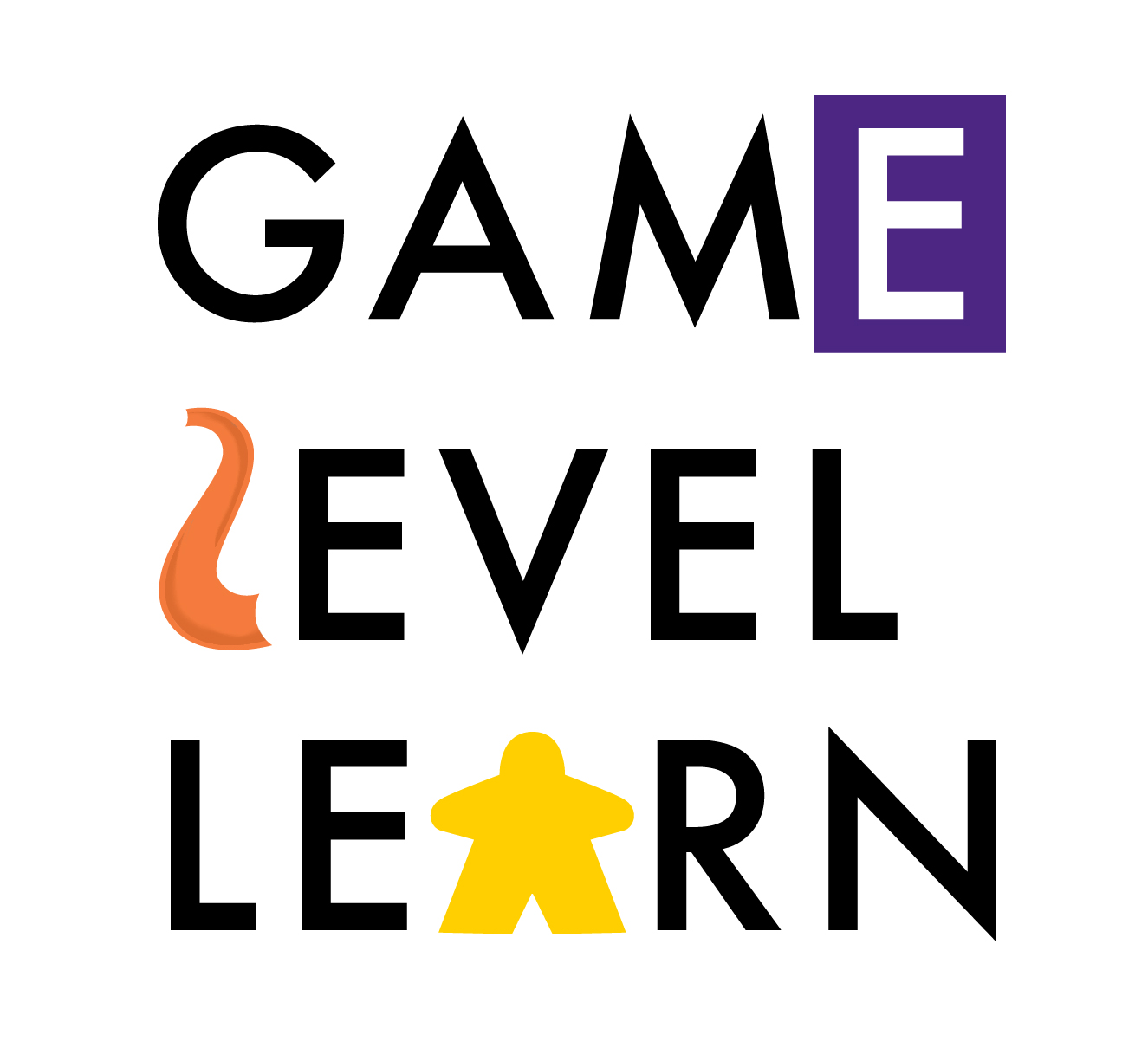51 Mechanics: Campaign/Battle Card Driven
/BoardGameGeek (BGG) is a singular repository of gaming information, knowledge and wisdom that has been serving the modern board game hobby since 2000. I consult it regularly and have used its database to manage my own game collection. I also used it when I was writing my 2016 book on gamified instruction, particularly with regard to the game mechanics that BGG identified and organized content into. While there are more than 85,000 games, even now, there are just 51 mechanics. Since every mechanic offers something to the teacher who wants to use games in the classroom, I'm going to use this section of Game Level Learn and my own contributions to it to assess games from each of these 51 mechanics. Next up?
The campaign/battle card driven mechanic is built generally around a deck of cards that is distributed between the player and which generates the action potential/capacity of each player based on those cards. Sometimes these cards provide players with action points that they can spend on an assortment of different choices. Often, these cards have not just the action point value but also some special bonus event that you could choose to play instead of playing the card for its action point value. It's up to the player to decide what's more valuable for them. This mechanic is about managing the player's capacity to act. In this regard, it's an excellent potential tool for the gamifying teacher, because it allows the teacher to create activity decks that could be tied to performance on previous assessments or allows students, by virtue of having a hand of cards with different values, to select the action they'd like to do on an exam. Ultimately, what makes this mechanic great (complicated, but great) is the degree of choice it affords the player. Which is to say, a lot.
1960: The Making of the President (BGG Rank: 143)
Like most (but not all) of the games in this mechanic, 1960 is complex, and its battle deck design is sophisticated and difficult to manage as well. This game, a simulation of the 1960 presidential campaign, has a lot of moving parts, but it richly rewards the player who gives the game her attention. The 1960 campaign had a huge number of idiosyncratic events that shaped the election campaign and so was a good fit for simulating in this way.
Castle Panic (BGG Rank: 747)
Castle Panic is perhaps the most accessible example of this game mechanic in the top 2000 of BGG games. In Castle Panic, the players are cooperating to defend a castle under attack from a variety of fantasy monsters (the game has been reskinned for Star Trek as well). The battle deck stipulates what the player is allowed to do on any given turn, just like in any other battle card driven game.
Gloomhaven (BGG Rank: 4)
The hottest of new hotness, Gloomhaven is a narrative-informed, dungeon crawl, legacy game played over more than 90 adventures. Each player controls a character in an adventuring party. That player has to assemble a battle deck for their character from an assortment of spells. That battle deck determines not only what the player's character can do, but also how much life energy the character has. Once the battle deck can't be refreshed, the character is considered exhausted and is out of the game. This game is ridiculous in its ambition and scale (the box is like a container off a Panamax ship), but is perhaps the best implementation of this mechanic on the market. The second printing of the game will come out towards the end of the 2017 calendar year.
The Napoleonic Wars (BGG Rank: 1,114)
One of the grand-daddy's in this mechanic, this game makes nearly perfect use of the balance between the action point part of the card and the event part of the card. The theme isn't for everyone, clearly, and it's got a 1970s-era rulebook complexity, but if you are in for a very complex game, this is a good one.
Twilight Struggle (BGG Rank: 3)
Designed by the same folks who brought us 1960, Twilight Struggle was the #1 game on Board Game Geek for years. It held that position for a good reason - as a game, it's essentially perfect. A simulation of the Cold War struggle between the United States and the Soviet Union, it captures the tension of those years through its sophisticated and knife-edge game play. Definitely a game all American history teachers should know as it could be played out of the box to great effect.
Cover photograph from: [https://boardgamegeek.com/image/1487986/castle-panic?size=original]


